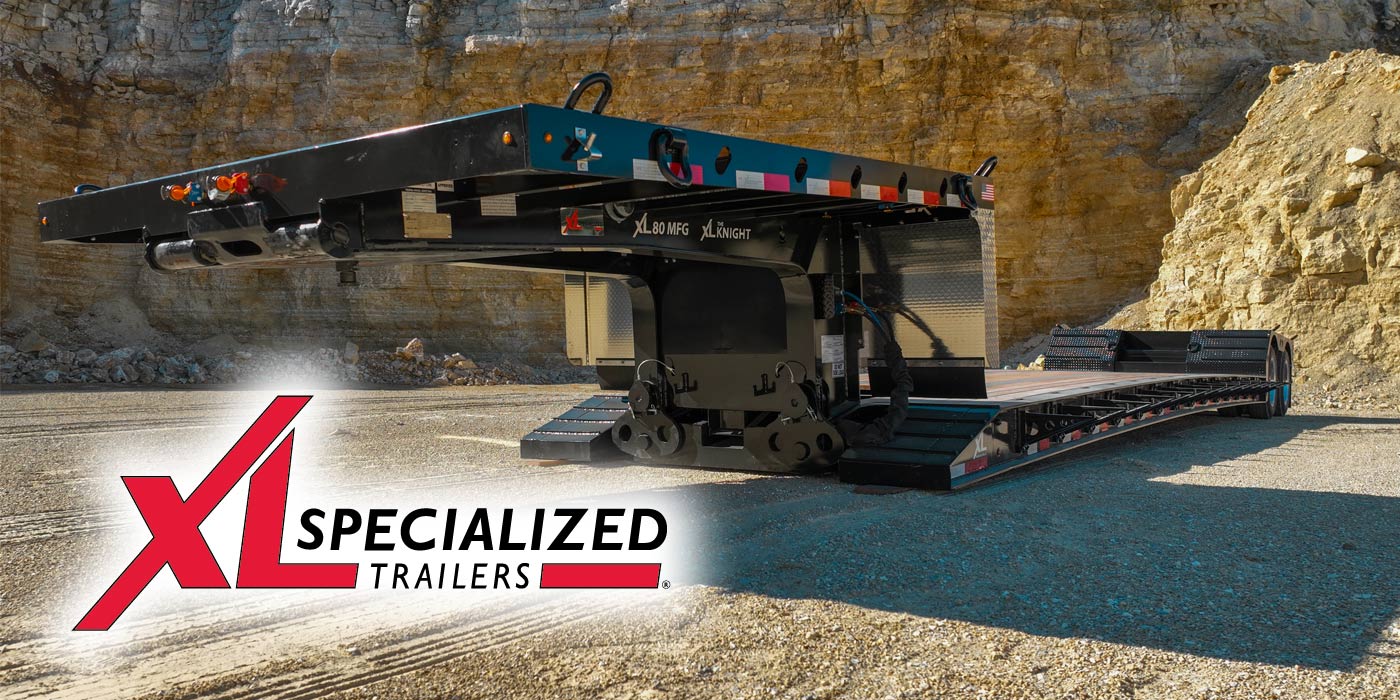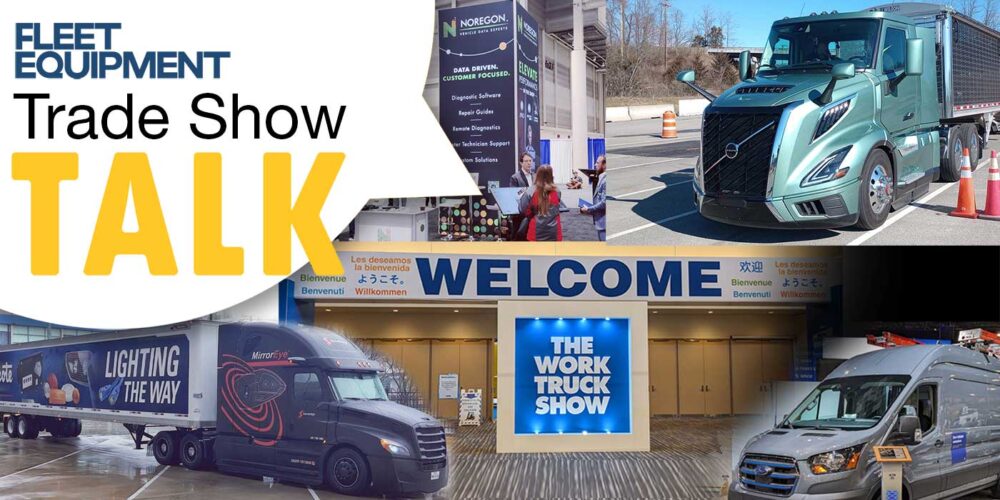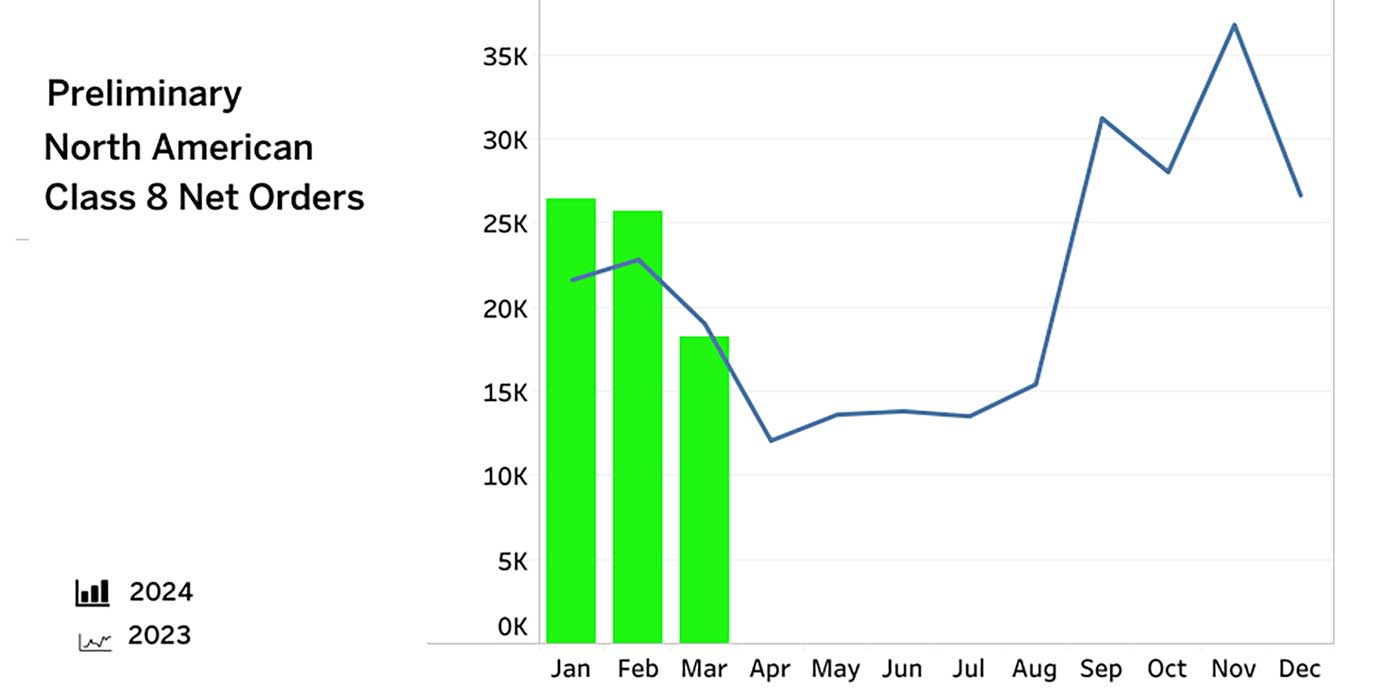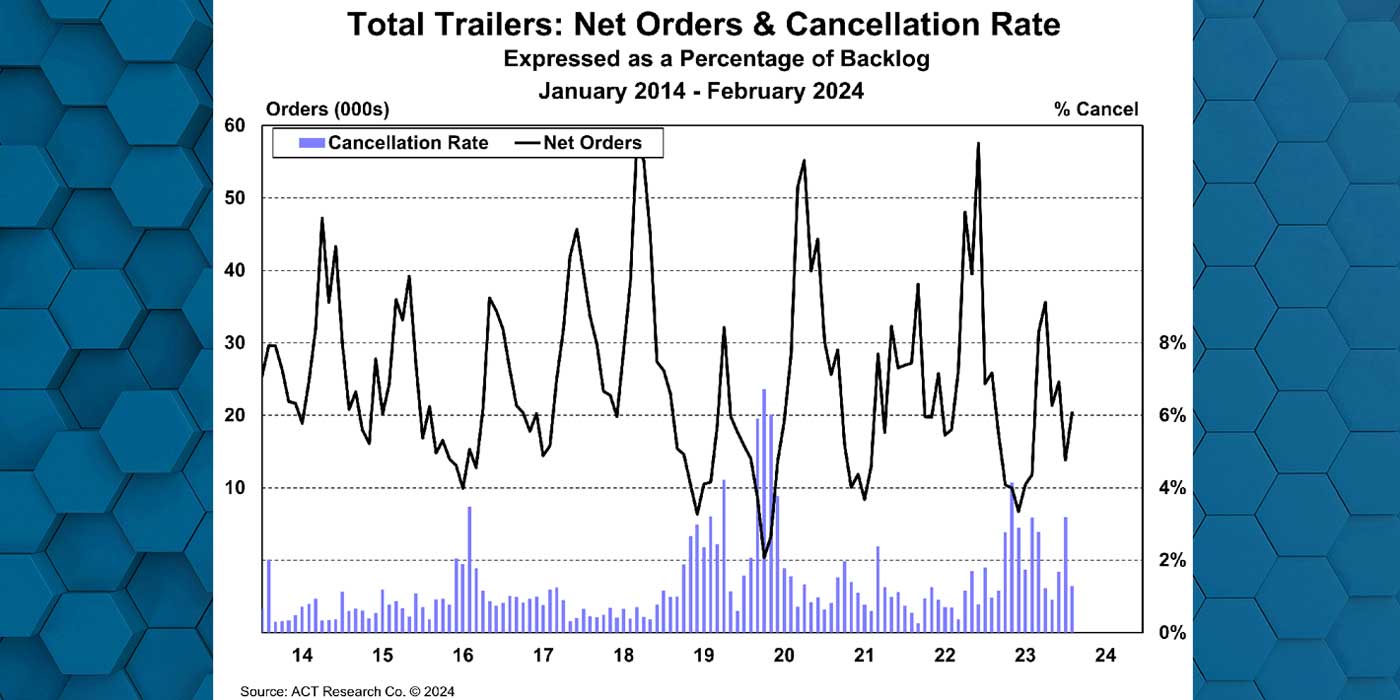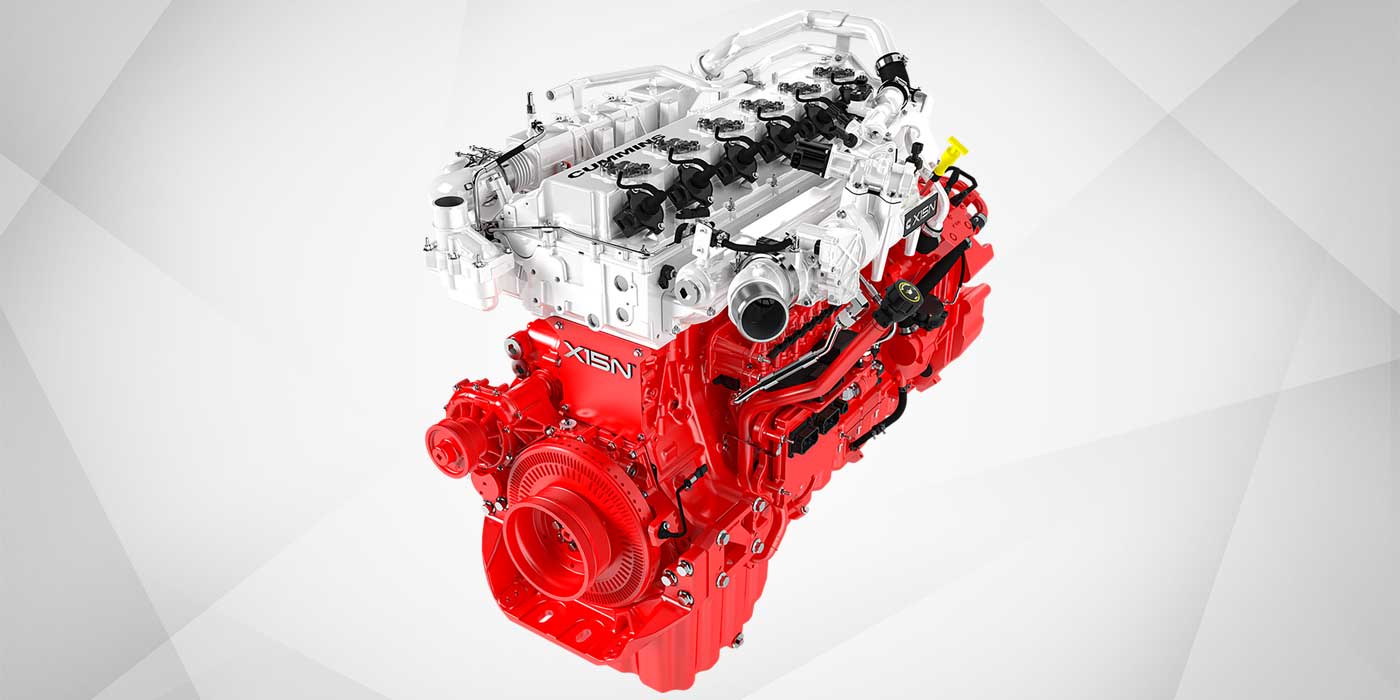The Diesel Technology Forum has issued a statement regarding the U.S. Environmental Protection Agency’s announcement of a new Cleaner Trucks Initiative (CTI). This initiative will include a future rulemaking to establish updated standards which address nitrogen oxide (NOx) emissions from highway heavy-duty trucks and engines.
The full statement reads:
The new Cleaner Trucks Initiative announced sets the vision for the heavy-duty diesel engines of the future as high-value assets which help achieve our nation’s future energy and clean air goals while also expanding economic growth. Diesel has always been a technology of continuous improvement and this initiative sets the pace for the next generation of advanced diesel technology.
Today’s action follows petitions for rulemaking from a number of state and local air agencies, as well as support for a new low NOx standard from truck and engine makers. The EPA last revised these standards in January 2001. The CTI proposal is slated to be released in 2020.
Along with achieving greater fuel efficiency and lower greenhouse gas emissions, expectations are high that the future of long-haul commercial trucking will have an even more compelling choice in the next generation of diesel technology. Diesel has long been the technology of choice for the commercial vehicle sector, thanks to its continuous improvement and unique combination of energy efficiency, power and performance, reliability and durability, and most recently, achievement of near-zero emissions. The Cleaner Trucks Initiative will help bring today’s generation of diesel even nearer to zero emissions than ever before.
The trucking industry continues to invest in the newest generation of advanced diesel technology in record numbers, sending a strong statement about its commitment to diesel power, even among a growing list of alternatives. As a result, today in the U.S. more than 36 percent of all registered operating diesel-powered commercial vehicles are of the newest generation of technology (2011 and newer model years). This is up from 30 percent in 2016, as confirmed by the Diesel Technology Forum’s recent analysis of 2017 US vehicles in operation data (GVW 3-8) provided by IHS Markit. As these newest trucks take to American roads, they rack up significant societal benefits. Today, the more than 4.9 million new-generation diesel trucks on the road have removed more than 26 million tonnes of NOx and 59 million tonnes of carbon dioxide (CO2) compared to previous generations.
Even as manufacturers explore other fuels and technology options, continued investments in diesel are strong indicators about the future for advanced diesel engines. Diesel remains the most energy-efficient internal combustion engine, one that offers an unmatched number of choices in size and performance for the broadest range of commercial vehicle operations. Along with near-zero emissions performance, choosing diesel ensures endless flexibilities in routing and operations to meet the ever-changing needs of customers. With well-established service and refueling networks across the United States to ensure maximum up-time, diesel is the proven partner in today’s overnight, same-day, just-in-time delivery world.
At this stage of the process, there are many aspects to be developed, but truck and engine makers, government, and user groups have the track record of history on our side to work together to realize this important vision that will drive the commercial trucking sector to even lower emissions, using the most advanced diesel and other technologies.
Tremendous progress has been made in virtually eliminating criteria emissions from today’s generation of diesel engines. Consider that it would take more than 60 of today’s generation of diesel-powered heavy-duty commercial trucks to equal the emissions of a single U.S. model made in the pre-2000 era. Modern diesel technologies of all kinds also deliver substantial reductions in greenhouse gas emissions, while preserving their superior fuel efficiency and performance characteristics.
Over a decade ago, the EPA challenged the diesel industry to virtually eliminate particulate matter and NOx emissions from new heavy-duty engines, beginning in 2007 through 2010. With the introduction of ultra-low sulfur diesel fuel, engine manufacturers and their suppliers worked together to successfully meet that challenge, making improvements in engine design and controls, air management and turbocharging, and integration of advanced emissions control systems.
The Health Effects Institute (www.healtheffects.org) through its Advanced Collaborative Emissions Study (ACES) undertook the most comprehensive emissions and health testing examination done to date of new-technology heavy-duty diesel engines meeting the U.S. 2007/2010 on-road diesel emissions standards. The study reports the effectiveness of diesel particulate filters in reducing particulate matter emissions by more than 90 percent and of selective catalytic reduction systems in reducing smog-forming NOx emissions by 94 percent. This combination of new technology enabled by ULSD fuel (15 ppm sulfur) meets U.S. 2007/2010, Euro VI/6, China 6, and Bharat Stage VI (India) standards. These new engines move well beyond the previous diesel engines (e.g. U.S. 2004, Euro IV/4 and V/5 – and the equivalent China 4 and 5, and Bharat State IV and V) to substantially reduce both particulate matter and NOx exposures.




